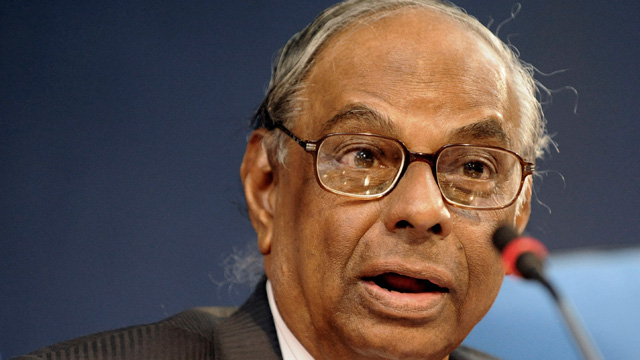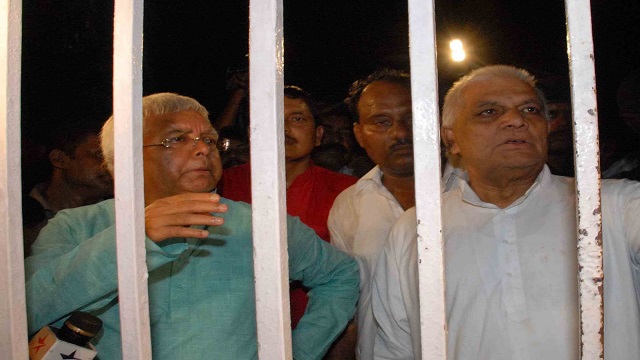C. Rangarajan expressed confidence that the growth would be around 5.5 percent in the current fiscal year
Downplaying IMF and World Bank’s ‘unduly’ negative forecasts, Chairman of key economic advisory council of Indian Prime Minister C. Rangarajan expressed confidence that the growth would be around 5.5 percent in the current fiscal year.
Speaking on the sidelines of Global Conference on Financial Inclusion & Payment System, Rangarajan firmly said, “These institutions are unduly pessimistic. We think the growth rate will be between 5 and 5.5 percent. We have projected growth rate of 5 percent earlier, which I think still holds.”
At the beginning of this month, the World Bank trimmed down India’s growth projections for the current financial year to 4.7 percent from a previous projection of 6.1 percent.
In the meantime, International Monetary Fund (IMF), in its World Economic Outlook, forecasted an average growth rate of about 3.75 percent, on the basis of market prices, for India in 2013-14, that is likely to perk up to 5.1 percent in the next fiscal.
Last month, the Prime Minister’s Economic Advisory Council (PMEAC) had cut down the growth prediction for the current financial year to 5.3 percent from 6.4 percent it had forecasted previously.
Rangarajan added that agriculture will do exceptionally well as monsoon has been really good and this will consequently raise the rural demand.
Reportedly he said “As far as manufacturing is concerned, second half will show a definite improvement. We will see the impact of measures introduced in last five to six months. There will also be a strong pick up in manufacturing in second half. Therefore, we still stand by our earlier forecast.
He stated that signs are exports are lifting up in August and September. In August and September export growth rate was double digit. That will also have its effect on domestic production.
On financial inclusion, Rangarajan said, “The government must think over the idea of local area bank. While I had given the idea a few years ago, just a few such banks are functioning now. There is a requirement to relook at the thought again.”
He said banks are in the best position to lead financial inclusion. They have just got more teeth from the banking correspondent model and a sharper focus on self-help groups.





